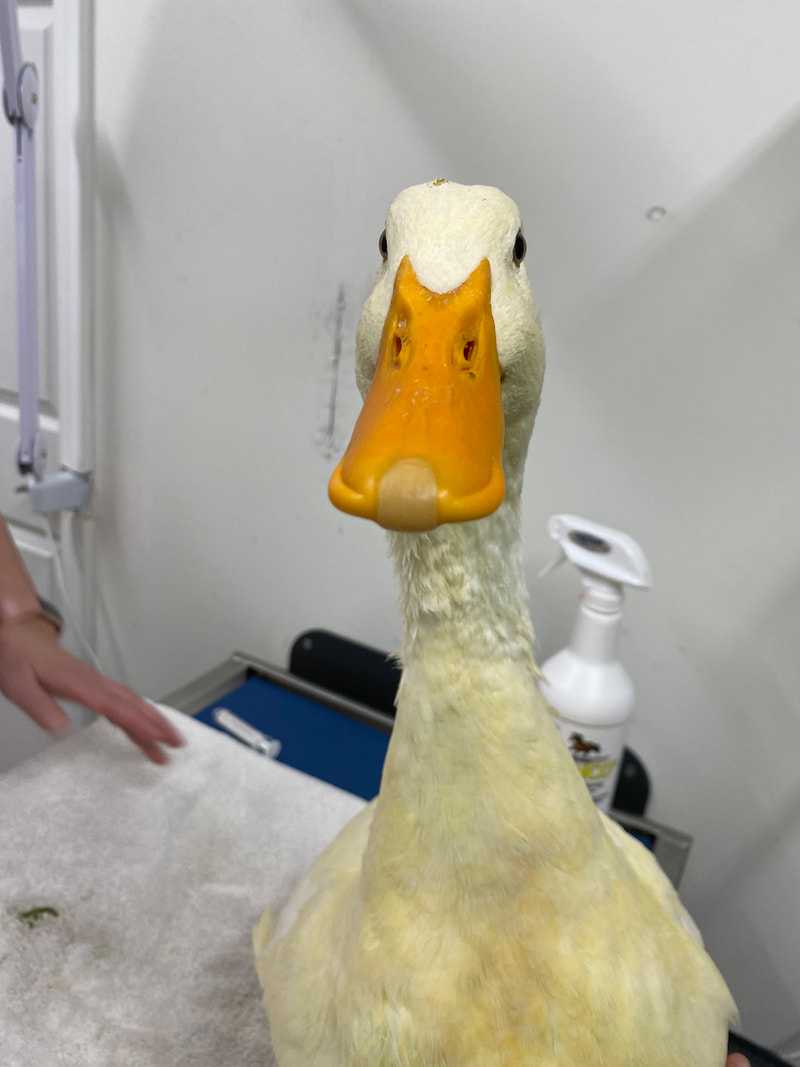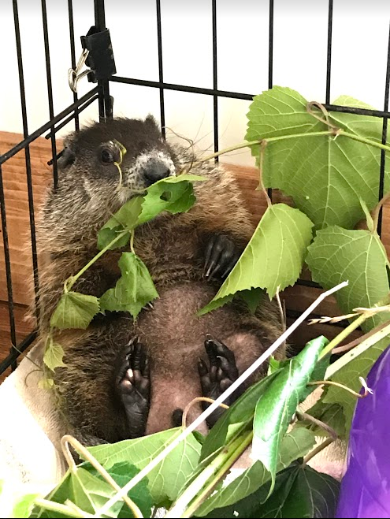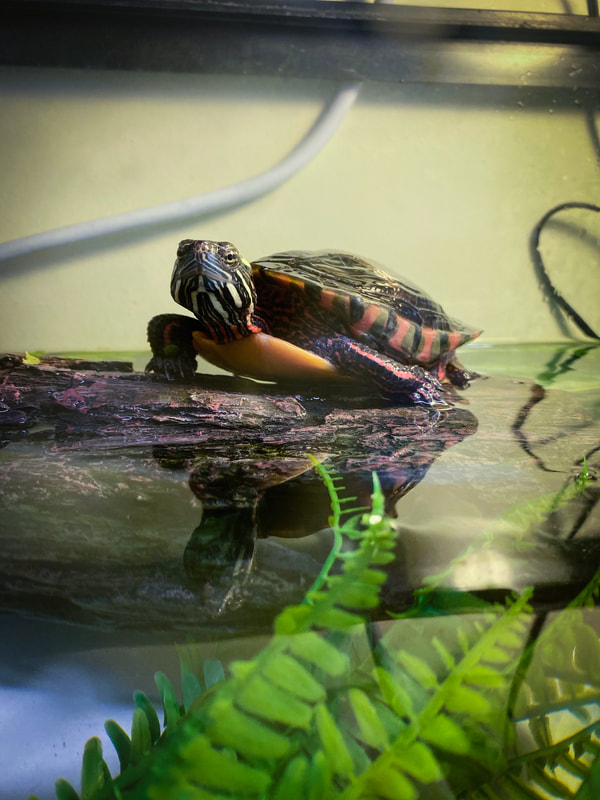"I found an animal...now what?"
Determine if the animal truly needs human intervention or if its wild mother has it tucked away for safekeeping while she is out foraging.
Call (828) 633-6364 - Extension 1
Please leave a message and someone will return your call promptly.
Call (828) 633-6364 - Extension 1
Please leave a message and someone will return your call promptly.
Click on the appropriate flowchart button to determine what to do:
Many wild animals in western North Carolina leave their babies alone for periods of time throughout the day and night to go about feeding and other needs. Several species have defense mechanisms that allow them to play dead or appear injured in the presence of a predator. Though we want to help by intervening, sometimes this is not the best option for these wild animals. Other times these wild animals do need our help!
For a list of rehabilitators close to you click here.
For further assistance email [email protected] or call 828-633-6364 ext. 1.
For further assistance email [email protected] or call 828-633-6364 ext. 1.
"I want to care for the wild animal I found"
It is easy to be tempted to keep and care for the wild animal that you have found; however, this is not the best thing for the animal or you! Wild animals require extensive, specialized care that is very different from our domestic pets. Though there is an abundance of information online about caring for injured and orphaned wildlife, much of it is incorrect or contradictory. Even with the very best intentions of doing what is right for the animal you found, without proper training you will end up causing more harm to the animal than good. This could include the animal not surviving, having life-long irreversible problems, never being able to be released, or the animal causing harm to themselves, your home, your pets, your loved ones, or you. It is also illegal in the state of NC to hold any wildlife in your possession for more than 24 hours without proper permits - learn more here. All migratory birds are protected by the Fish and Wildlife Service and the Migratory Bird Act, requiring an individual to hold a federal permit to possess any bird for more than 24 hours.
Wildlife Rehabilitators go through extensive, specialized training and receive the proper permits through the NC Wildlife Resources Commission and Fish and Wildlife Service to care for the injured and orphaned animals they have in their care. If you are interested in becoming a wildlife rehabilitator, please visit the NC Wildlife Resources Commission for more information, contact a wildlife rehabilitator close to you, or contact us about getting involved!
"Regulations & Limitations of Rehabilitation"
There are many laws and regulations in place to protect wildlife and wild places. These regulations are important in helping to keep the animals and the public safe as well as conserving populations and habitats. Just like the regulations that mandate who can work with native wildlife, there are regulations that mandate what native wildlife the rehabilitators can work with. If there is a concern or problem with one of the species below you need to contact the NC Wildlife Resources Commission for further assistance - http://www.ncwildlife.org/Home.aspx or 1-866-318-2401.
"I want to care for the wild animal I found"
It is easy to be tempted to keep and care for the wild animal that you have found; however, this is not the best thing for the animal or you! Wild animals require extensive, specialized care that is very different from our domestic pets. Though there is an abundance of information online about caring for injured and orphaned wildlife, much of it is incorrect or contradictory. Even with the very best intentions of doing what is right for the animal you found, without proper training you will end up causing more harm to the animal than good. This could include the animal not surviving, having life-long irreversible problems, never being able to be released, or the animal causing harm to themselves, your home, your pets, your loved ones, or you. It is also illegal in the state of NC to hold any wildlife in your possession for more than 24 hours without proper permits - learn more here. All migratory birds are protected by the Fish and Wildlife Service and the Migratory Bird Act, requiring an individual to hold a federal permit to possess any bird for more than 24 hours.
Wildlife Rehabilitators go through extensive, specialized training and receive the proper permits through the NC Wildlife Resources Commission and Fish and Wildlife Service to care for the injured and orphaned animals they have in their care. If you are interested in becoming a wildlife rehabilitator, please visit the NC Wildlife Resources Commission for more information, contact a wildlife rehabilitator close to you, or contact us about getting involved!
"Regulations & Limitations of Rehabilitation"
There are many laws and regulations in place to protect wildlife and wild places. These regulations are important in helping to keep the animals and the public safe as well as conserving populations and habitats. Just like the regulations that mandate who can work with native wildlife, there are regulations that mandate what native wildlife the rehabilitators can work with. If there is a concern or problem with one of the species below you need to contact the NC Wildlife Resources Commission for further assistance - http://www.ncwildlife.org/Home.aspx or 1-866-318-2401.
- Coyotes
- Black Bear - any age
- White-Tailed Deer - without spots
- Wild Turkey
- Feral Pigs
- Healthy adult wild animals of any species


